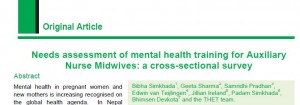 Today saw the latest publication on our BU-led THET in Nepal. The paper ‘Needs assessment of mental health training for Auxiliary Nurse Midwives: a cross-sectional survey’ was published the Journal of Manmohan Memorial Institute of Health Sciences [1]. This paper reports on a quantitative survey with nearly all Auxiliary Nurse Midwives in Nawalparasi District in the southern part of Nepal. The findings illustrate the lack of training on mental health issues related to pregnancy and childbirth in this group of health workers. Thus the paper’s conclusions stress the need for dedicated training in this field.
Today saw the latest publication on our BU-led THET in Nepal. The paper ‘Needs assessment of mental health training for Auxiliary Nurse Midwives: a cross-sectional survey’ was published the Journal of Manmohan Memorial Institute of Health Sciences [1]. This paper reports on a quantitative survey with nearly all Auxiliary Nurse Midwives in Nawalparasi District in the southern part of Nepal. The findings illustrate the lack of training on mental health issues related to pregnancy and childbirth in this group of health workers. Thus the paper’s conclusions stress the need for dedicated training in this field.
This is the third publication linked to our mental health and maternity care project. In Nepal mental health is generally a difficult to topic to discuss. THET, a London-based organisation, funded Bournemouth University, and Liverpool John Moores University in the UK and Tribhuvan University in Nepal to train maternity workers on issues around mental health. This latest paper and the previous two papers are all Open Access publications. The previous two papers raised the issue of women and suicide [2] and outlined the THET project in detail [3].
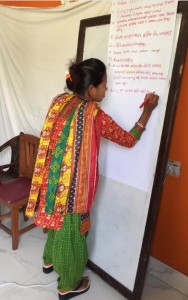
Prof. Edwin van Teijlingen
CMMPH
References:
- Simkhada, B., Sharma, G., Pradhan, S., van Teijlingen, E., Ireland, J., Simkhada, P., Devkota, B. & the THET team. (2016) Needs assessment of mental health training for Auxiliary Nurse Midwives: a cross-sectional survey, Journal of Manmohan Memorial Institute of Health Sciences 2(1): 20-26. http://www.nepjol.info/index.php/JMMIHS/article/view/15793/12738
- Simkhada, P., van Teijlingen E., Winter, R.C., Fanning, C., Dhungel, A., Marahatta S.B. (2015) Why are so many Nepali women killing themselves? A review of key issues Journal of Manmohan Memorial Institute of Health Sciences 1(4): 43-49. http://www.nepjol.info/index.php/JMMIHS/article/view/12001
- van Teijlingen, E., Simkhada, P., Devkota, B., Fanning, P., Ireland, J., Simkhada, B., Sherchan, L., Silwal, R.C., Pradhan, S., Maharjan, S.K., Maharjan, R.K. (2015) Mental health issues in pregnant women in Nepal. Nepal Journal of Epidemiology 5(3): 499-501. http://www.nepjol.info/index.php/NJE/article/view/13607/11007


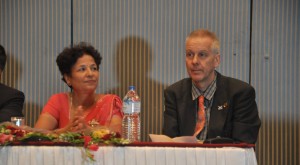
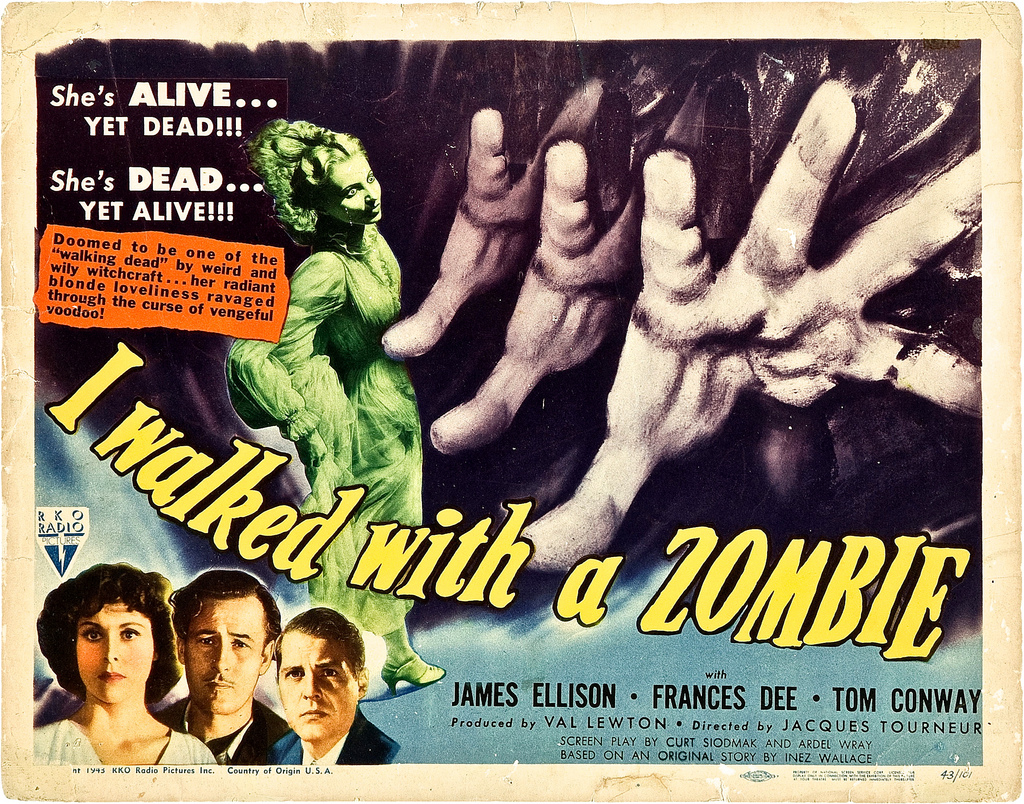
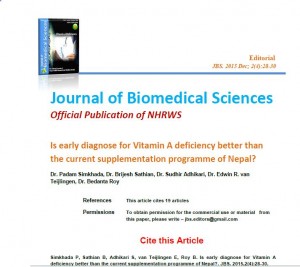
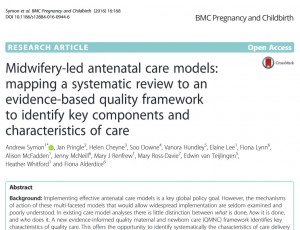
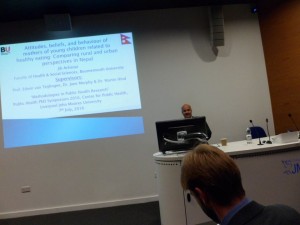
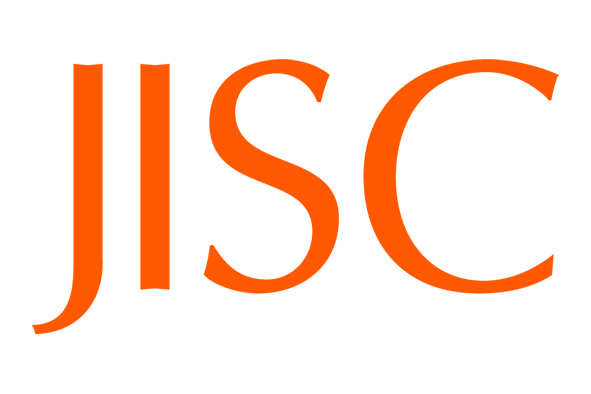

 Figure 2 Articles published by UK authors in Springer hybrid journals in 2015 (subject to APC payment) and 2016 (under the Springer Compact deal).
Figure 2 Articles published by UK authors in Springer hybrid journals in 2015 (subject to APC payment) and 2016 (under the Springer Compact deal).

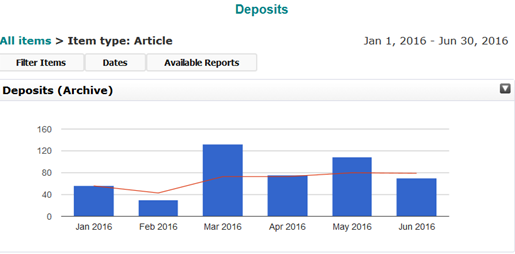
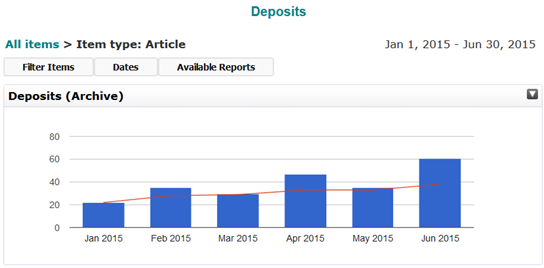

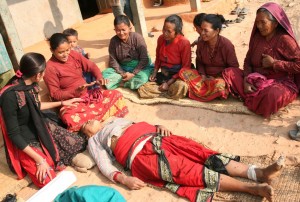
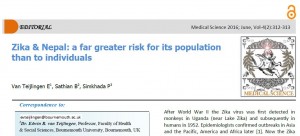
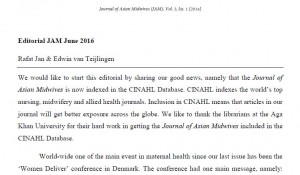
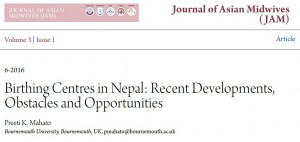
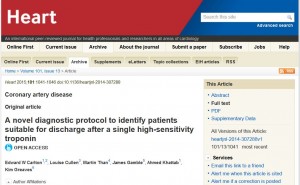
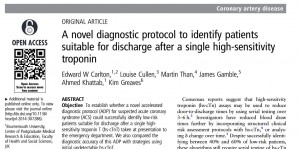
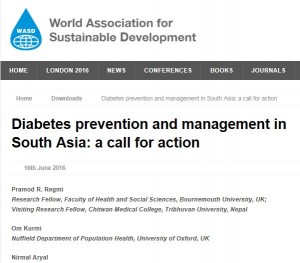
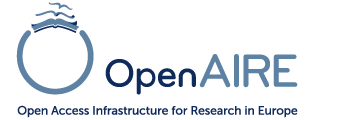
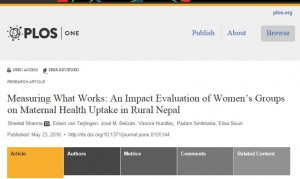











 UKCGE Recognised Research Supervision Programme: Deadline Approaching
UKCGE Recognised Research Supervision Programme: Deadline Approaching SPROUT: From Sustainable Research to Sustainable Research Lives
SPROUT: From Sustainable Research to Sustainable Research Lives BRIAN upgrade and new look
BRIAN upgrade and new look Seeing the fruits of your labour in Bangladesh
Seeing the fruits of your labour in Bangladesh Exploring Embodied Research: Body Map Storytelling Workshop & Research Seminar
Exploring Embodied Research: Body Map Storytelling Workshop & Research Seminar ECR Funding Open Call: Research Culture & Community Grant – Apply now
ECR Funding Open Call: Research Culture & Community Grant – Apply now ECR Funding Open Call: Research Culture & Community Grant – Application Deadline Friday 12 December
ECR Funding Open Call: Research Culture & Community Grant – Application Deadline Friday 12 December MSCA Postdoctoral Fellowships 2025 Call
MSCA Postdoctoral Fellowships 2025 Call ERC Advanced Grant 2025 Webinar
ERC Advanced Grant 2025 Webinar Update on UKRO services
Update on UKRO services European research project exploring use of ‘virtual twins’ to better manage metabolic associated fatty liver disease
European research project exploring use of ‘virtual twins’ to better manage metabolic associated fatty liver disease